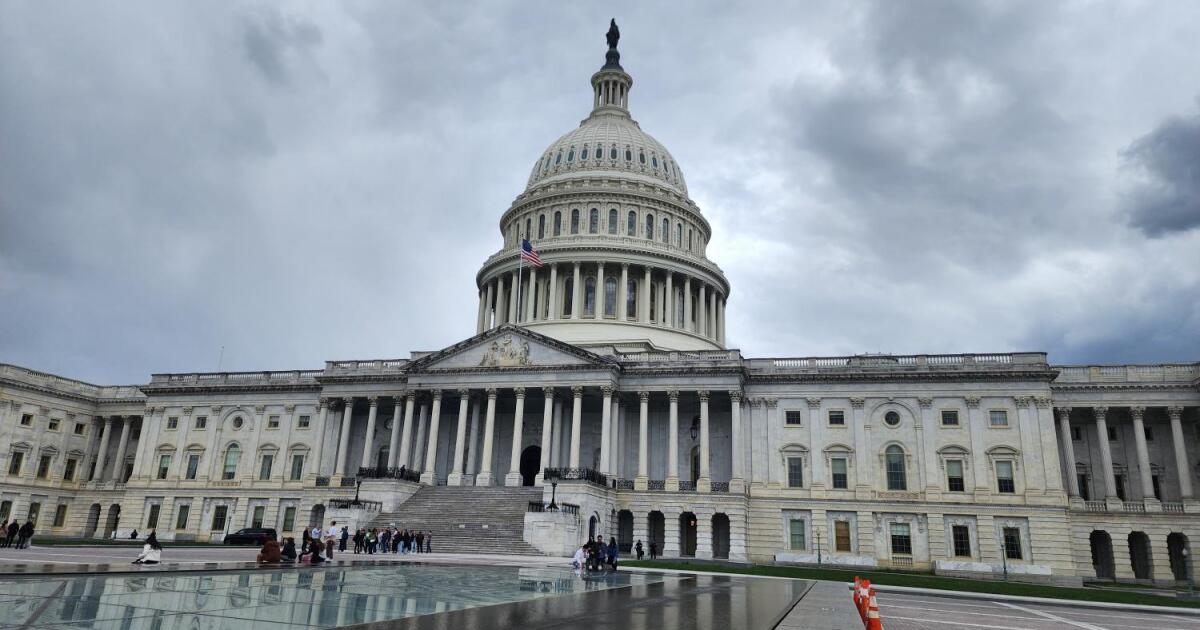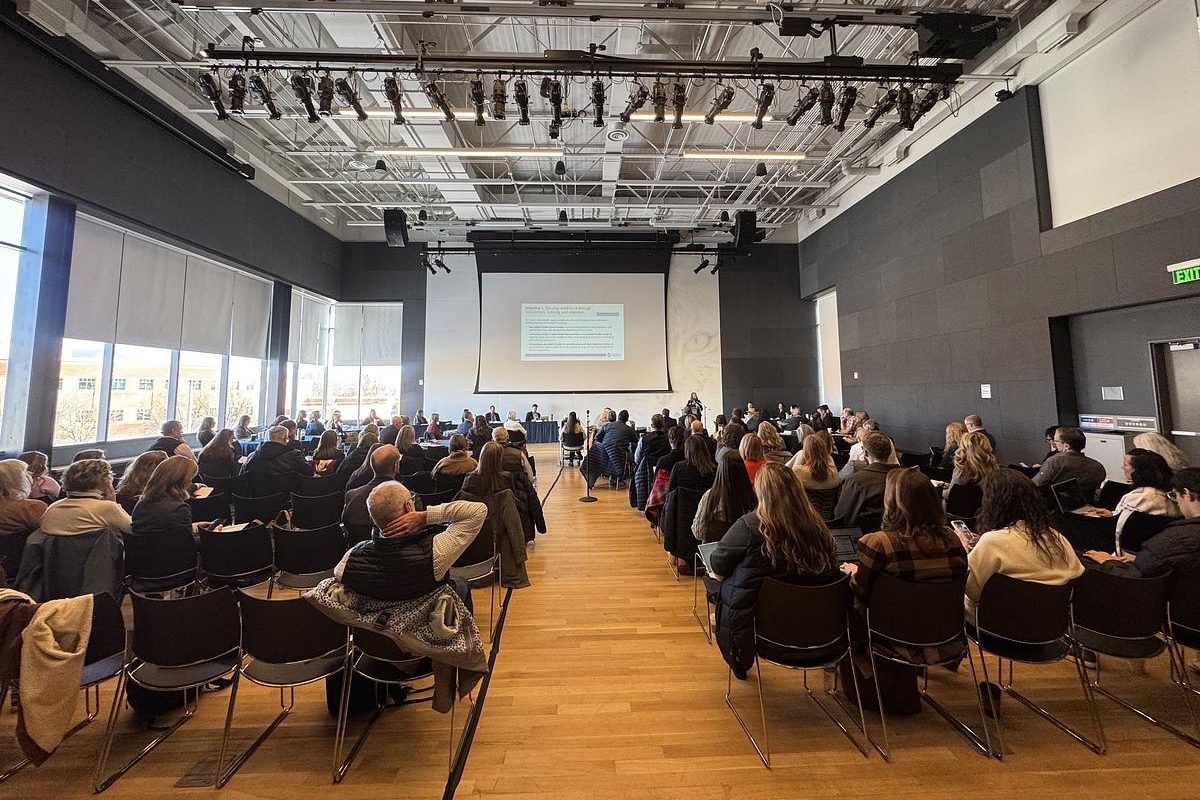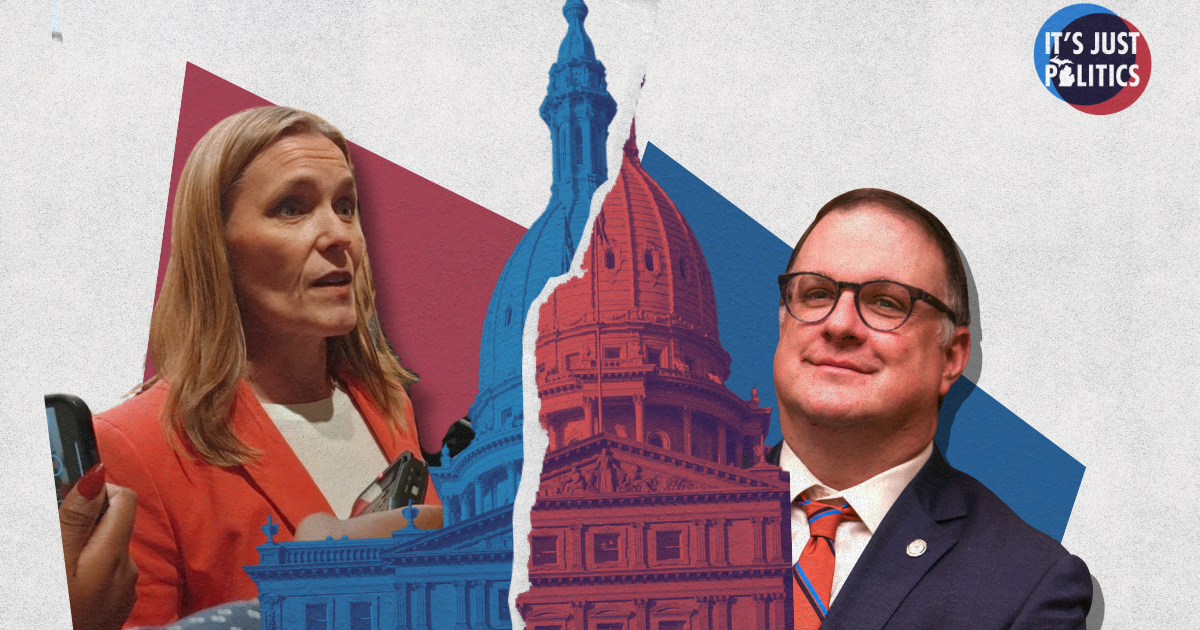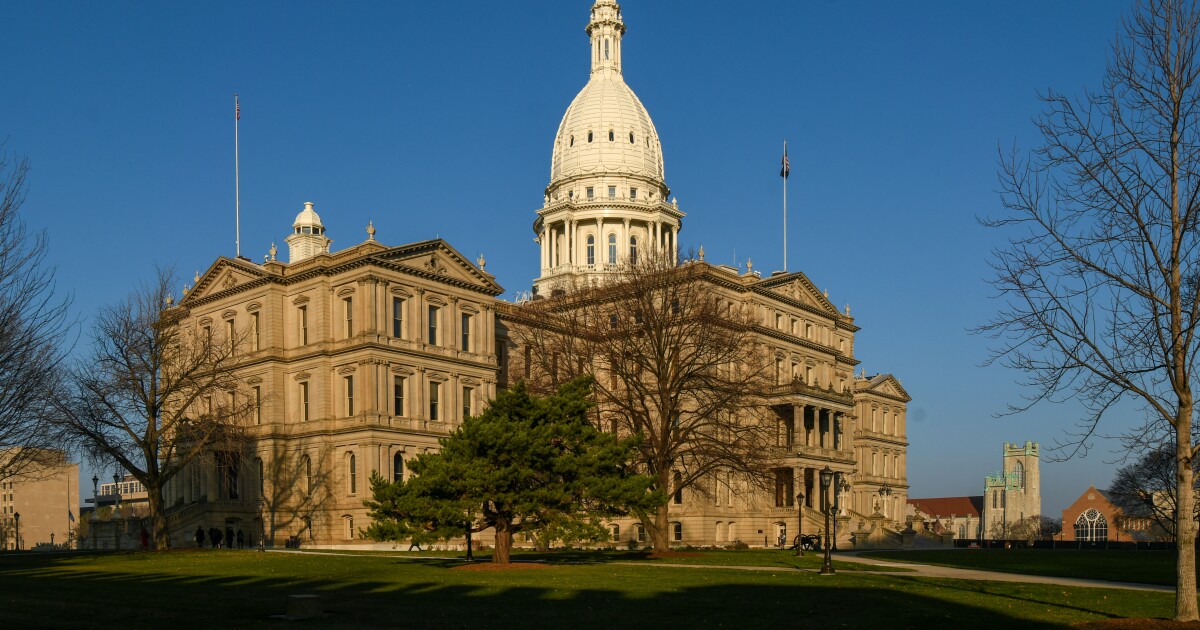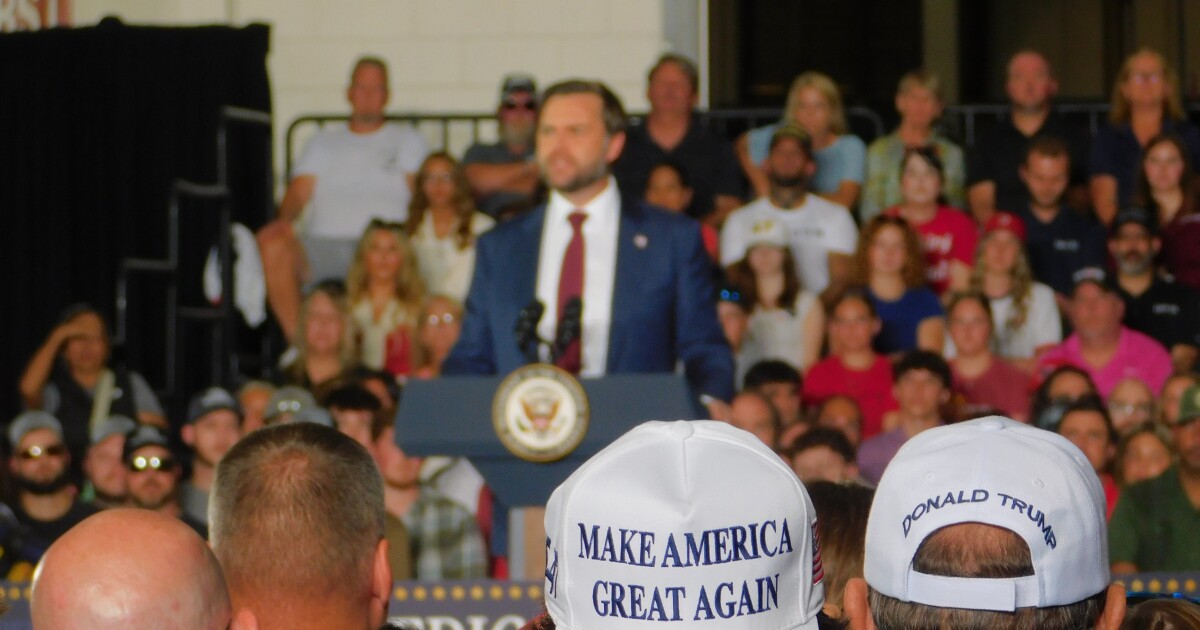In a significant visit to Washington D.C., Michigan Governor Gretchen Whitmer addressed the potential economic risks associated with broad tariffs and later met with President Donald Trump at the White House. This visit underscores the ongoing debate about the impact of tariffs on the U.S. economy, particularly in manufacturing-heavy states like Michigan.
During an event near the White House, Whitmer delivered a speech titled “Build, America, Build” where she cautioned against the use of tariffs as a blanket solution. She emphasized that tariffs essentially function as a tax on consumers and warned of their widespread economic consequences.
Highlighting the ramifications for manufacturing states, Whitmer stated, “You can’t just pull out the tariff hammer to swing at every problem without a clear, defined end goal.” She further noted the challenges of reshoring jobs and supply chains, stressing the significant investment of time and capital required.
Whitmer’s visit included a discussion with television journalist Gretchen Carlson, focusing on the necessity of cooperation in addressing economic issues. Later, she participated in an Oval Office meeting with President Trump and Michigan House Speaker Matt Hall (R-Richland Township). The meeting was notably devoid of the contentious rhetoric that marked previous interactions between Whitmer and Trump.
In a surprising turn, President Trump commended Whitmer, acknowledging that she has done an “excellent job.” Additionally, Trump announced a pause on some of the tariffs he had recently enacted.
However, Glenn Stevens Jr., the executive director of the Detroit Regional Chamber’s MichAuto, expressed skepticism about the impact of these eased tariffs on the automotive industry. According to Stevens, key tariffs affecting the sector, including those on Canada-Mexico trade, steel, aluminum, and imported vehicles and components, remain in place.
A spokesperson for Whitmer described the tariff pause as “a step in the right direction” that could alleviate pressure on many businesses across Michigan. Nevertheless, concerns persist regarding tariffs that might negatively impact American auto companies.
—
Read More Michigan News




